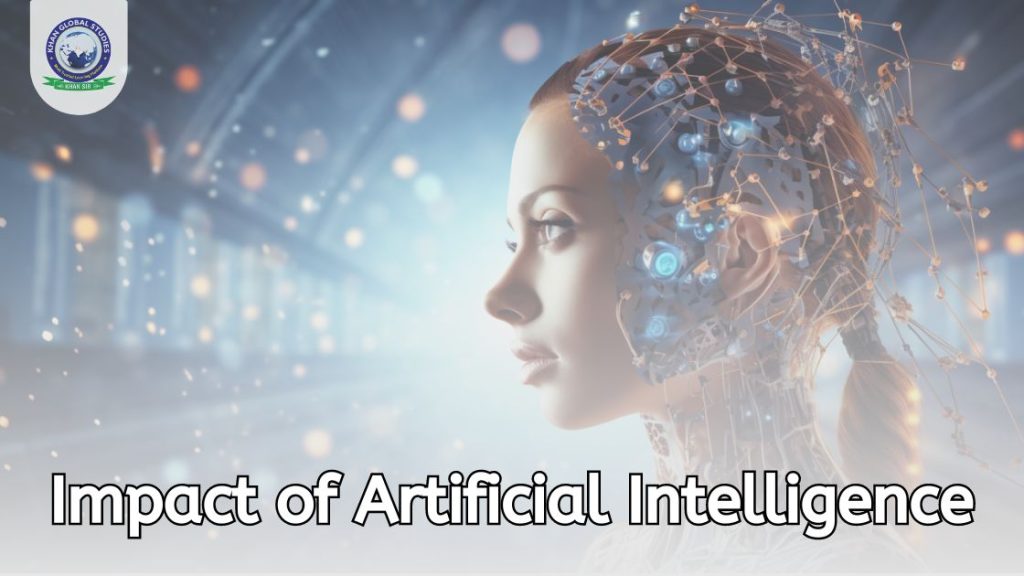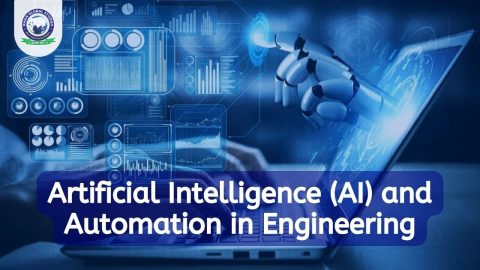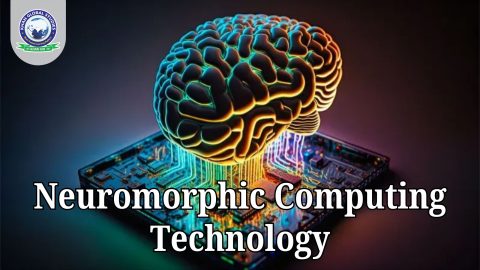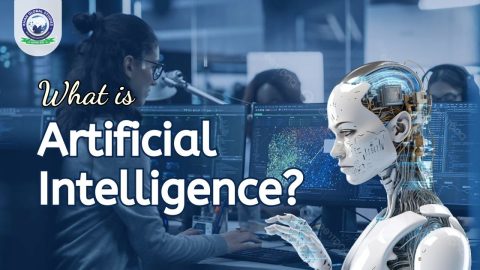In the field of modern technology, certain advancements like Artificial Intelligence (AI) have captured our imagination. From revolutionizing industries to enhancing daily tasks, the impact of AI on our lives is deep and multifaceted. In this comprehensive guide, we’ll learn about how AI shapes our world, exploring its benefits, challenges, and future impacts.
Understanding Artificial Intelligence
Before we explore its impact, let’s understand the essence of AI. Artificial intelligence refers to the emulation of human intelligence in machines, enabling them to perform tasks that typically require human cognition. This includes problem-solving, decision-making, language comprehension and more. AI systems are designed to analyze data, learn from it, and adapt to new inputs while mimicking the cognitive functions of the human brain.
Transformational Industry
One of the most notable impacts of AI is its transformative impact on various industries. AI-powered technologies are reshaping traditional processes and driving innovation from healthcare to finance. In health care, AI algorithms analyze medical data to aid in diagnosis, predict patient outcomes, and even develop personalized treatment plans. Similarly, in finance, AI-powered tools are used for fraud detection, algorithmic trading and risk assessment, optimizing decision-making processes and increasing efficiency.
Enhancing Daily Life
Beyond its impact on industries, AI is vital in improving our daily lives. From virtual assistants like Siri and Alexa to personalized recommendation algorithms on streaming platforms, AI-powered technologies streamline tasks and deliver personalized experiences. Smart home devices equipped with AI capabilities automate household tasks, adjust environmental settings based on preferences and improve energy efficiency. Additionally, AI-powered navigation apps optimize travel routes, reduce commute times, and provide real-time traffic updates, enhancing convenience and mobility.
Ethical Considerations
Despite its myriad benefits, the widespread adoption of AI also raises ethical considerations and social implications. Concerns over data privacy, algorithmic bias, and job displacement have sparked debate over AI regulation and accountability. Implicit biases present in AI algorithms can perpetuate social inequalities and reinforce existing biases, highlighting the importance of ethical AI development and algorithm transparency. Additionally, the automation of jobs by AI technologies creates challenges related to workforce displacement and retraining, requiring proactive measures to minimise the impact on employment.
Future Implications
As AI continues to advance at a rapid pace, the implications for its future are both promising and complex. The integration of AI with emerging technologies like IoT (Internet of Things), 5G and Blockchain has the potential to revolutionize entire industries and drive unprecedented levels of innovation. However, it also raises questions about data security, regulatory frameworks, and ethical boundaries of AI applications. Collaborative efforts between policymakers, industry leaders, and ethicists are necessary to address these complexities and ensure that AI technologies are developed and deployed responsibly.
Conclusion
In conclusion, the impact of Artificial Intelligence on our lives is undeniable. From transforming industries and daily tasks to enhancing ethical considerations and shaping future impacts, AI permeates nearly every aspect of modern society. While the benefits of AI are wide-ranging, it is important to address the ethical, social and regulatory challenges associated with its proliferation. By fostering collaboration and prioritizing responsible AI development, we can harness the full potential of AI to create a more equitable, efficient and sustainable future for all.








